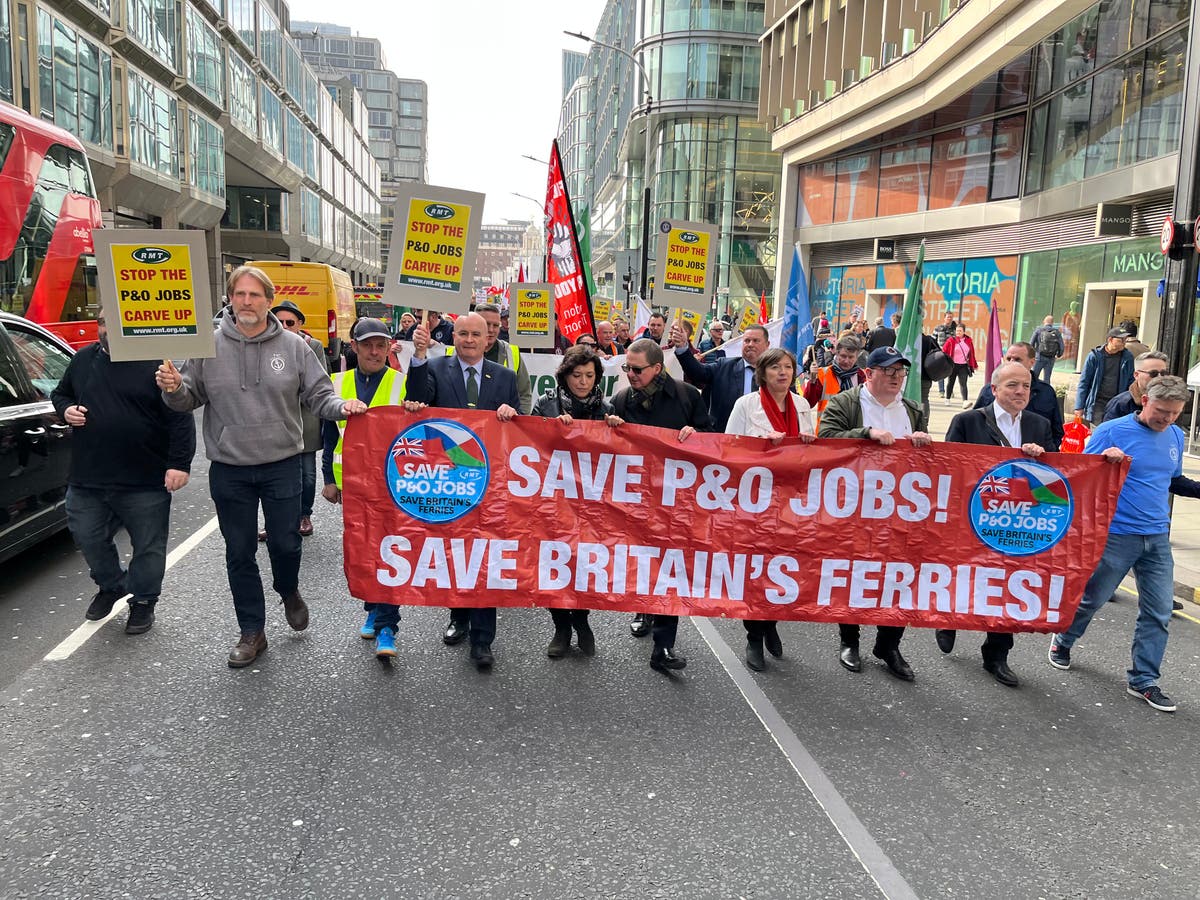When can I travel to Portugal and what are the restrictions?
The removal of Portugal from the UK’s ‘red list’ could open up summer holidays

Portugal has long been a favouritte with British holidaymakers, thanks to sunny stretches and sandy beaches in the Algarve, excellent surf swells and exquisite city break destinations in the form of capital Lisbon and second city Porto.
For a time, it was wary of letting in tourists, requiring proof of vaccination for entry. However, it joined a number of European countries in scrapping Covid travel restrictions.
Here’s everything you need to know before you go.
Do I need proof of vaccination or a test to visit Portugal?
No. As of 1 July, Britons can visit the mainland and the island of Madeira without having to show proof of vaccination, test or quarantine, regardless of vaccination status.
The exception among Portuguese territories is the Azores - this autonomous region still requires all visitors over 11 to show either proof of vaccination or take a Covid test (a PCR within 72 hours or an antigen within 24).
Do I need to fill in a passenger locator form for Portugal?
No; a passenger locator form is no longer required for entry to mainland Portugal, Madeira and the Azores.
Do I need to wear a mask while on holiday in Portugal?
Most restrictive measures have been lifted, but you will still need to use a face covering in mainland Portugal:
This requirement does not apply to children aged nine and under.
In Maderia, those aged six and over must wear a mask:
In the Azores, you must:
Has Brexit changed the rules for visiting Portugal?
The rule changes that could trip you up on a visit to Portugal in 2022 are more likely to be Brexit-related than Covid-related. Since the UK left the European Union, there are new rules regarding length and frequency of visits to countries in the Schengen Area (including Portugal), as well as rules around passport stamps and validity.
To visit an EU country post-Brexit, your passport must be:
There is also now a time limit on how long and how often you can visit Portugal, visa free. The Foreign Office advises: “You can travel to countries in the Schengen area for up to 90 days in any 180-day period without a visa.
“To stay longer, to work or study, for business or for other reasons, you will need to meet the Portuguese government’s entry requirements.”
You must also have your passport stamped on arrival and on exit from the country. Make sure this takes place at passport control to avoid any confusion over how long you have been there.
You may also need to show a return or onward ticket to indicate when you are leaving Portugal, and could be asked to demonstrate that you have enough money to support yourself for the duration of your stay.

 ValVades
ValVades 
































